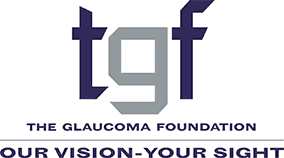The Glaucoma Foundation frequently gets calls and emails from individuals seeking the names of qualified eye doctors. Some come from individuals new to their community. Others from those who would like to get a second opinion – an accepted, standard practice – relating to a diagnosis or prescribed treatment.
While TGF does not provide referrals or recommend specific eye care professionals, here are a few suggestions.
- Ask family members, friends or colleagues at work about the eye care professionals they use.
- Ask your general physician, or that of a family member, for the name of a local glaucoma doctor.
- Go online and search departments of ophthalmology or optometry at a nearby hospital or university medical center.
- Many sites have phone numbers to call to locate a doctor.
- Contact a state or county association of ophthalmologists or optometrists. These groups, usually called academies or societies, may have lists of professionals with specific information on their specialties and experience.
- Contact your insurance company or health plan. They may have a list of eye care professionals covered by your plan.
- The American Academy of Ophthalmology offers “Find an Ophthalmologist,” an online listing of member ophthalmologists within a specific region. This service is available via www.aao.org by clicking on “Find an Ophthalmologist” on the home page.
Once you have made an appointment, bring a relative or friend along on that first visit. It’s often easier to remember and understand what your doctor has explained and instructions if you have someone else to help listen and ask questions. If medication is prescribed, make sure you understand why you need to take the medication and learn about the possible side effects. Take notes during your visit and don’t be afraid to ask questions – as many as you need to ask. It’s really important that you understand what you need to do, why you need to do it, and how to do it properly.
